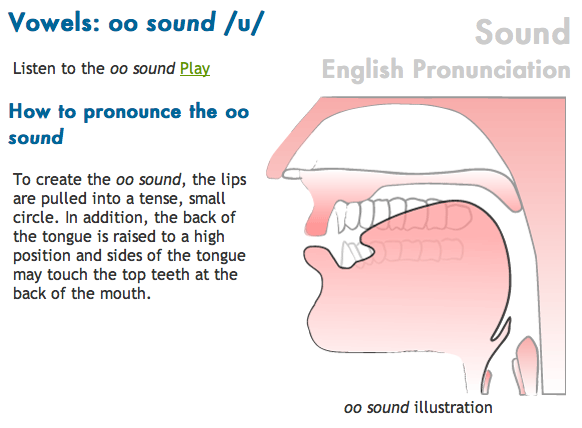Posts
https://skypenglish4u.com/wp-content/uploads/2014/09/Screen-Shot-2014-09-25-at-4.30.24-PM-1.png
364
683
Jessica
http://skypenglish4u.com/wp-content/uploads/2016/10/SE4U2-2-4.jpg
Jessica2014-09-25 16:01:082014-09-25 16:01:08Good news for all single students
https://skypenglish4u.com/wp-content/uploads/2014/09/reduce-1.gif
225
450
Jessica
http://skypenglish4u.com/wp-content/uploads/2016/10/SE4U2-2-4.jpg
Jessica2014-09-05 16:01:092014-09-05 16:01:09Reduce reduce reduce!
https://skypenglish4u.com/wp-content/uploads/2014/05/world_speaks_ielts-1.jpg
1043
2411
Jessica
http://skypenglish4u.com/wp-content/uploads/2016/10/SE4U2-2-4.jpg
Jessica2014-05-21 15:11:102014-05-21 15:11:10IELTS
https://skypenglish4u.com/wp-content/uploads/2014/05/screen-shot-2014-02-17-at-8-33-59-am-1.png
98
319
Kelsey
http://skypenglish4u.com/wp-content/uploads/2016/10/SE4U2-2-4.jpg
Kelsey2014-05-12 14:33:292014-05-12 14:33:29Tips on making “small talk”
https://skypenglish4u.com/wp-content/uploads/2014/05/mistake-1.jpg
282
425
Linda
http://skypenglish4u.com/wp-content/uploads/2016/10/SE4U2-2-4.jpg
Linda2014-05-05 18:46:272014-05-05 18:46:27Common Mistakes in Speaking and Writing
https://skypenglish4u.com/wp-content/uploads/2014/04/whoops_a_daisy-01-1.jpg
1500
1500
Jessica
http://skypenglish4u.com/wp-content/uploads/2016/10/SE4U2-2-4.jpg
Jessica2014-04-28 18:04:512014-04-28 18:04:51Having a ‘whoop’ of a time thinking about ‘whoops a daisy’!
http://skypenglish4u.com/wp-content/uploads/2016/10/SE4U2-2-4.jpg
0
0
Kelsey
http://skypenglish4u.com/wp-content/uploads/2016/10/SE4U2-2-4.jpg
Kelsey2014-04-22 17:06:262014-04-22 17:06:26“Oo” vs. “W” – Especially for my Japanese students!
https://skypenglish4u.com/wp-content/uploads/2014/04/screen-shot-2014-01-27-at-3-42-39-pm-1.png
85
448
Kelsey
http://skypenglish4u.com/wp-content/uploads/2016/10/SE4U2-2-4.jpg
Kelsey2014-04-17 17:27:202014-04-17 17:27:20Connected Speech
https://skypenglish4u.com/wp-content/uploads/2014/04/ToungeTwisters1-1.jpg
1307
2120
Janet
http://skypenglish4u.com/wp-content/uploads/2016/10/SE4U2-2-4.jpg
Janet2014-04-14 17:41:262014-04-14 17:41:26TONGUE TWISTERS
Scroll to top


